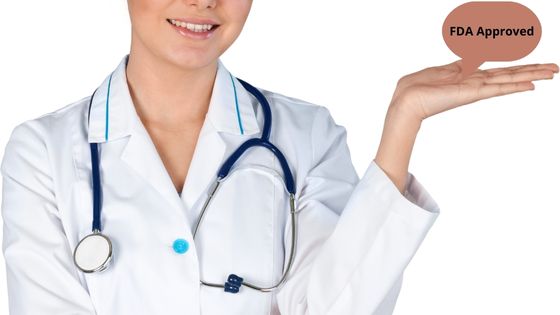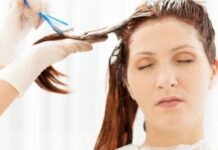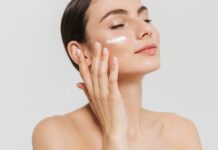Since 1938, the Food and Drug Administration (FDA) has been provided with the authority to regulate cosmetic and personal care products. This law was made to provide safe and secure cosmetic products and treatments. FDA approval for cosmetic products and treatments has become an initial part of the process.


When it is important for cosmetic treatments to be approved by the FDA, there are many questions that come to mind. Whether a surgeon should suggest a treatment that is not FDA approved? Which are the treatments that can be taken if they are FDA approved? You will get most of the answers in this post.
About FDA (Food & Drugs Administration)
Before these questions are answered, it is important to know basic details about the FDA. So without further delay, let’s start.
FDA is a national administration that regulates food, medications, tobacco products, medical devices, supplements, vaccines, radiation electronics, and cosmetics. Cosmetic treatments require medical devices and cosmetics products that should be approved by the FDA. These treatments include-
- Laser treatment
- Fat reduction devices
- Liposuction
- Injectables such as Botox, dermal fillers, Xeomin and Kybella
Most clinics, such as Unique Aesthetics, believe in providing safe cosmetic treatments like Dermal Fillers in London. The FDA’s objective is to protect the customers or patients from danger. Besides these, companies and clinics are also safe for marketing their products and services. The FDA regulations put cosmetic product manufacturing companies and clinics that provide cosmetic treatments in the safe zone.
FDA approval can happen in a number of ways, but the devices, medicines, and other equipment that need FDA approval must undergo various investigations and verifications to prevent disapproval. The process of FDA approval usually involves several clinical studies and testing to ensure what people are purchasing is safe to use.
Whether a surgeon should suggest unapproved cosmetic treatment or not?
Unapproved cosmetic treatments pose significant risks to health because they have not been reviewed by the FDA for effectiveness, safety, and quality. Without FDA-approved treatments, there is no guarantee, and you can’t claim if it causes any harm. Thus, using FDA-approved cosmetic products and treatments is necessary.
Most important FDA regulations followed by cosmetic manufacturers
FDA has different rules and regulations that cosmetic manufacturers must follow to sell their products in the market. Here are the most important FDA regulations for cosmetic and personal care product manufacturers.
- Hybrid Regulations
- Organic cosmetics
- Product labels
- Cleaning and manufacturing
- Safety of ingredients
- Import and export regulations
- Shelf life requirements
- Future regulations
These are the major eight significant FDA regulations that cosmetic and personal care product manufacturers should follow. There are also some regulations needed to be considered in cosmetic treatments.
Hybrid regulation
If the product improves the appearance and causes a change, those products are considered both cosmetic and a drug by the FDA. The products must adhere to requirements related to cosmetic products.
Organic cosmetics
When the product claims to be organic, it comes under the NOP (National Organic Program). You can not label your product organic unless you comply with the NOP. Some third parties can provide organic certifications to cosmetic manufacturers.
Product labels
Products are restricted to labelling that includes business name, brand, address of the manufacturer, packer and distributor. The FDA has strict labelling standards based on their established definitions of soap, drugs and cosmetics.
Cleanliness of manufacturing
The FDA inspects the cosmetic manufacturing facilities to determine the safety of the product. If there are some kind of adulterations or find any sort of misbranded, the products will be cancelled.
Safety of ingredients
It is to check whether the ingredients of the products are safe to use or not. This is the sole responsibility of the manufacturer or controlling company. It also includes the storage and transportation of the goods. The products must be kept in the condition to prevent soiling.
Imports and exports regulations
The brands that are misbranded or adulterated could be refused at the border while importing and exporting.
Shelf life requirement
Manufacturers are responsible for making the products safe. The FDA will consider the shelf-life of the product as a significant part of the manufacturer’s safety responsibility. Personal care products and cosmetics must be tested for the stability of the regulations and must have mentioned manufacturing and expiry date on the labels.
Future regulations
The process of manufacturing is being monitored by cosmetic and personal care manufacturers. Apart from this, the products must meet the other guidelines like labelling if the product is not safe for the children’s use, etc.
These FDA regulations must be followed by cosmetic products and treatments. All those involved in cosmetic procedures are suggested to read and follow FDA guidelines to deliver safe products and services.






















